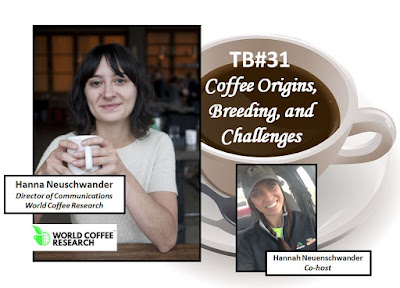Why This Recognition Means More than You May First Believe

The news that I was the recipient of the 2016 CAST Borlaug Agricultural Communications Award added a new extreme to the wild emotional dynamics of the past twelve months. Celebrate, suffer; dance, cry; hurt, heal. Quit, start, refresh, retreat. Lather, rinse repeat. Back in August and September 2015 I read in disbelief that I was part of Monsanto’s “inner circle”, one of their “strategic advisors” with “close ties” that “took money to lie about science” and “used undisclosed funds to thwart labeling efforts.” I read the websites, I read the articles. The person I was reading about was not the person in the mirror. But in the day of the internet, the person in the mirror is forced to take the yoke that the most devious person installs. You become, in perception, who they decide you are. You lose control of your own persona—that is left to those that want to destroy you. There is nothing you can do if you are a mostly unknown public scientist t...





